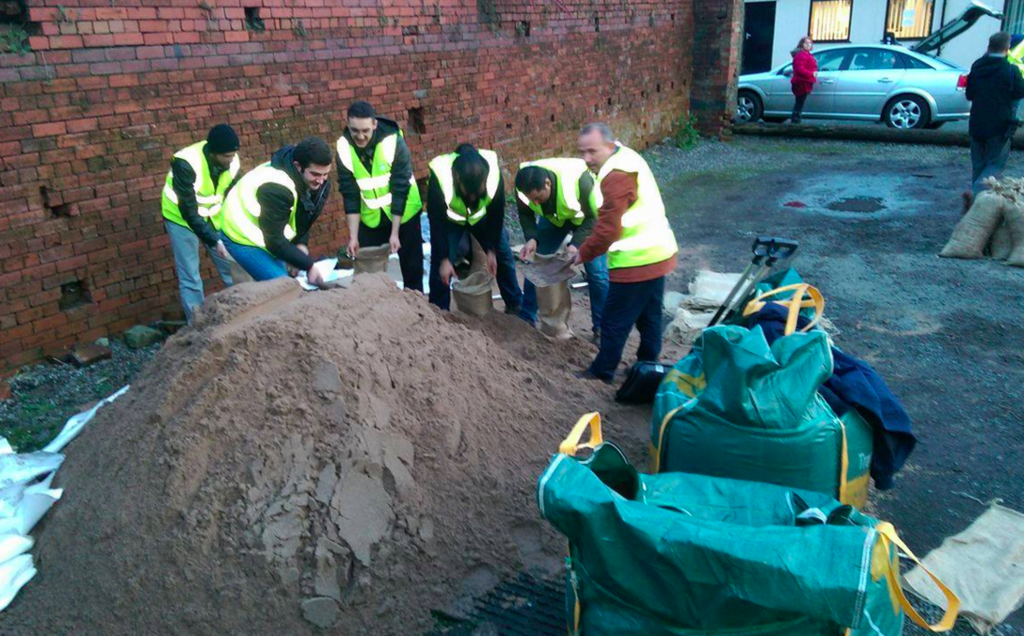When floods hit Rochdale, Greater Manchester, the local community stepped in to help the homes and businesses that were destroyed. One of those locals was Yasser al-Jassem, a 35-year-old Syrian refugee.
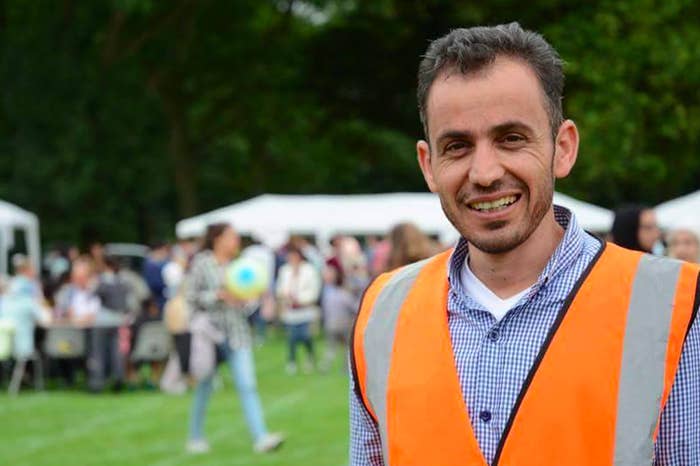
"When I saw the pictures on the TV of the floods, I saw the water going over the houses and towns... it was horrible," al-Jassem told BuzzFeed News. "I wanted to help, but I didn't know how."
He found a way to help: He brought together the Syrian refugee community in Manchester – who meet up regularly to support each other as they navigate their new lives in England – and organised for them to help build flood defences. Their efforts attracted widespread media attention and were praised by locals.
BuzzFeed News spoke to al-Jassem to find out more about his story and why he got involved.
When the floods hit their new home city, al-Jassem first messaged other refugees in the area on WhatsApp to discuss how they could lend their support to the victims.
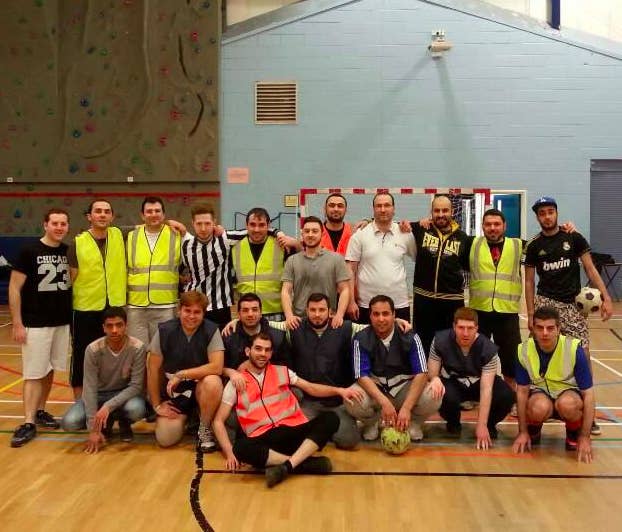
A British friend suggested that they could help build flood defences with sandbags – so nine of the Syrians gathered as soon as they could and started work in Littleborough, near Rochdale, shovelling sand into sandbags for the local families to use to protect their homes.
"Two of us are doctors, one is a teacher, two are students, one is studying at Manchester University," al-Jassem said. "It was all last-minute – when we arrived, we started work immediately. Some local people asked if we wanted a break or a cup of tea, but we said we must finish the job before sunset."
Other Syrian refugees who couldn't meet up on the day to help the flood-prevention efforts say they will continue to help their Mancunian neighbours in other ways.
"Actually, I don't say we are helping," al-Jassem added. "I say it's our duty. Now that we live here, we have to be a part of the community."
He and the other refugees spent the entire day building the flood defences to protect those who may be in danger.
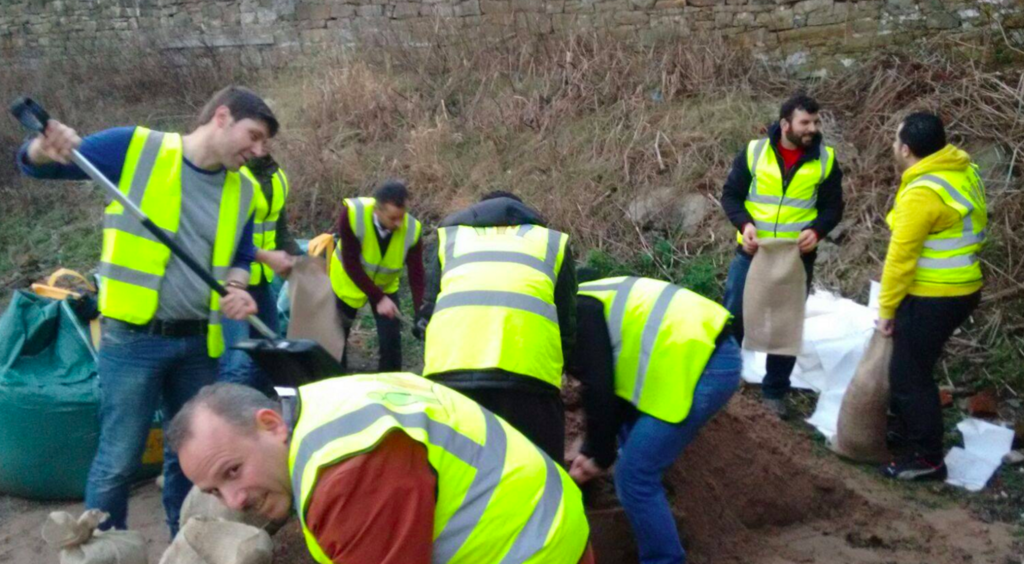
The Syrians could relate to the locals as they knew what it was like to be homeless, al-Jassem said.
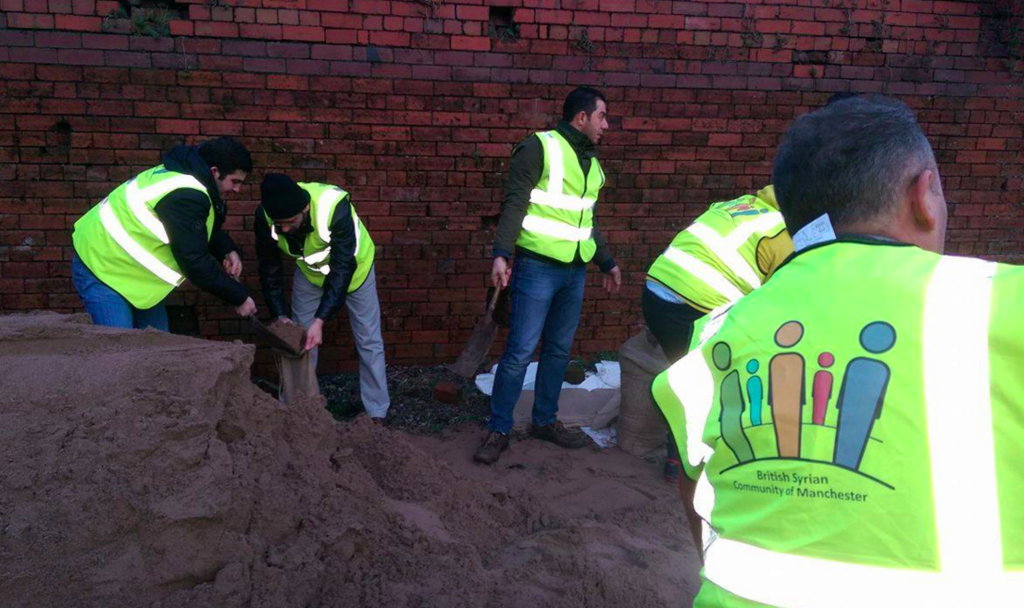
"We know the suffering of people, what it's like to be homeless. For us, we were homeless from the bombing of our homes, we lost everything. And now people here are homeless from the floods and the water covering their homes, and they've lost so much."
Al-Jassem lived in Damascus for 15 years, where he studied and taught at local schools. When the conflict began in 2012, he moved back to his hometown, Manbej, and volunteered as an ambulance driver. But the war followed him home, and ISIS took control of the town. He was forced to flee the country when the terrorist group killed his brother.
"After ISIS killed my brother, I was in danger. I was also wanted by Assad's regime. My parents pleaded for me to leave the country. They told me they didn't want to see me die like my brother."
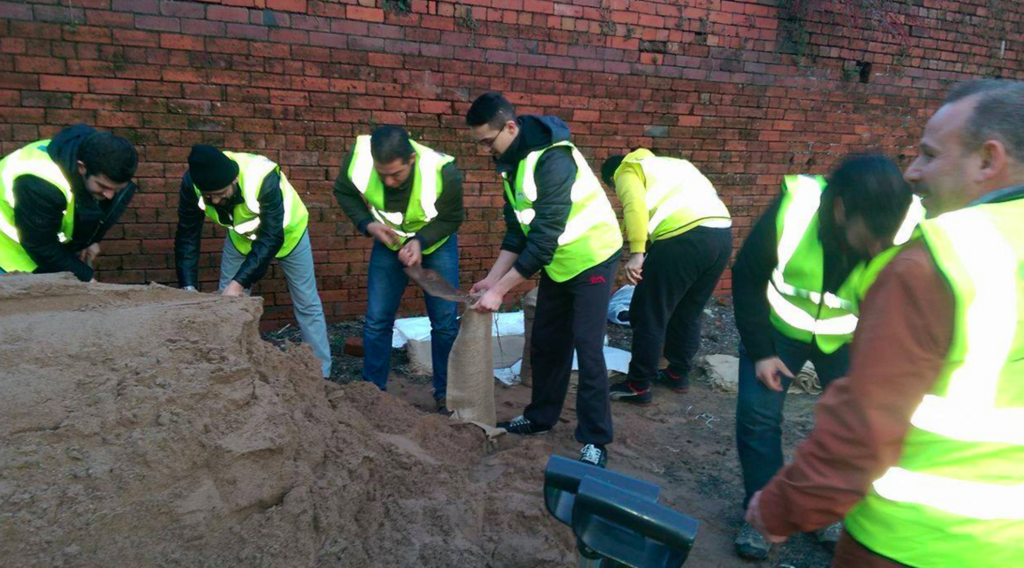
Al-Jassem left Syria in April and took the same perilous route to Western Europe as hundreds of thousands of other refugees this year: He crossed the border into Turkey, crossed the Aegean Sea on a "dangerous" boat to Greece, and "spent many weeks" travelling from Greece to Calais, France. The route, he said, was carved out by a smuggler leading him on the journey.
A month later, he arrived safely in Manchester, where he works as a teacher once again. Although the transition into his new life wasn't easy, he found himself welcomed by British people.
"I was worried when I arrived, about having a whole new life. I was sad as I didn't know anyone here. But when I came across British people, they were kind and welcoming, especially when I told them about my life in Syria.
"They told me, 'We are very sorry for what happened, if you need any help, let us know.' I told them I wanted to improve my English, and so a retired teacher said he would help me learn English. We now meet up every week to improve my English."
Al-Jassem said he hopes that British people who assume refugees only "take benefits and jobs" realise that is not the reality.
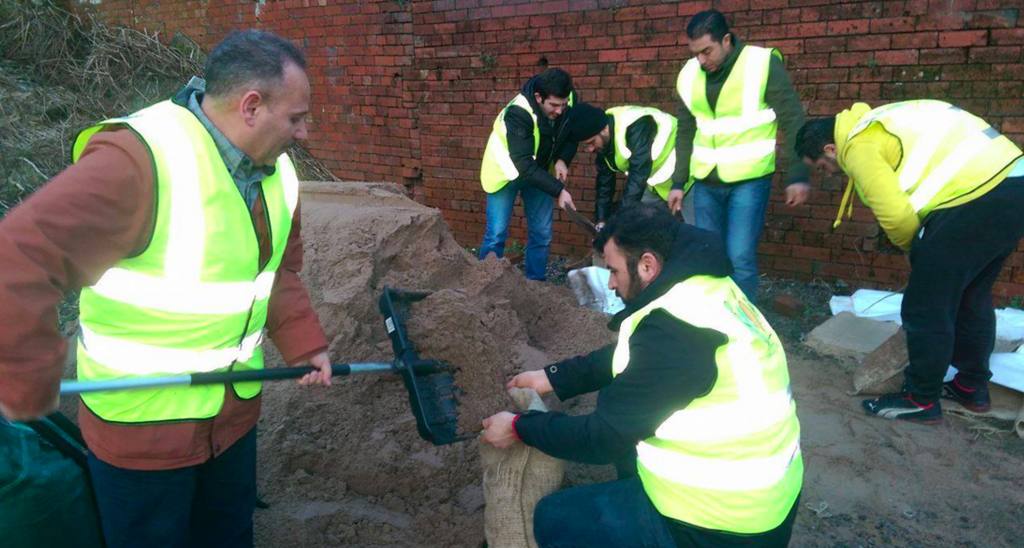
"I hope people see we are not trying to get benefits. We can help each other, we can support each other in a positive way. We had a bad situation in Syria, and now we just want to be a part of the community here."
"I am thankful for the British people I have met here," al-Jassem added. "They made this country feel like my home."
